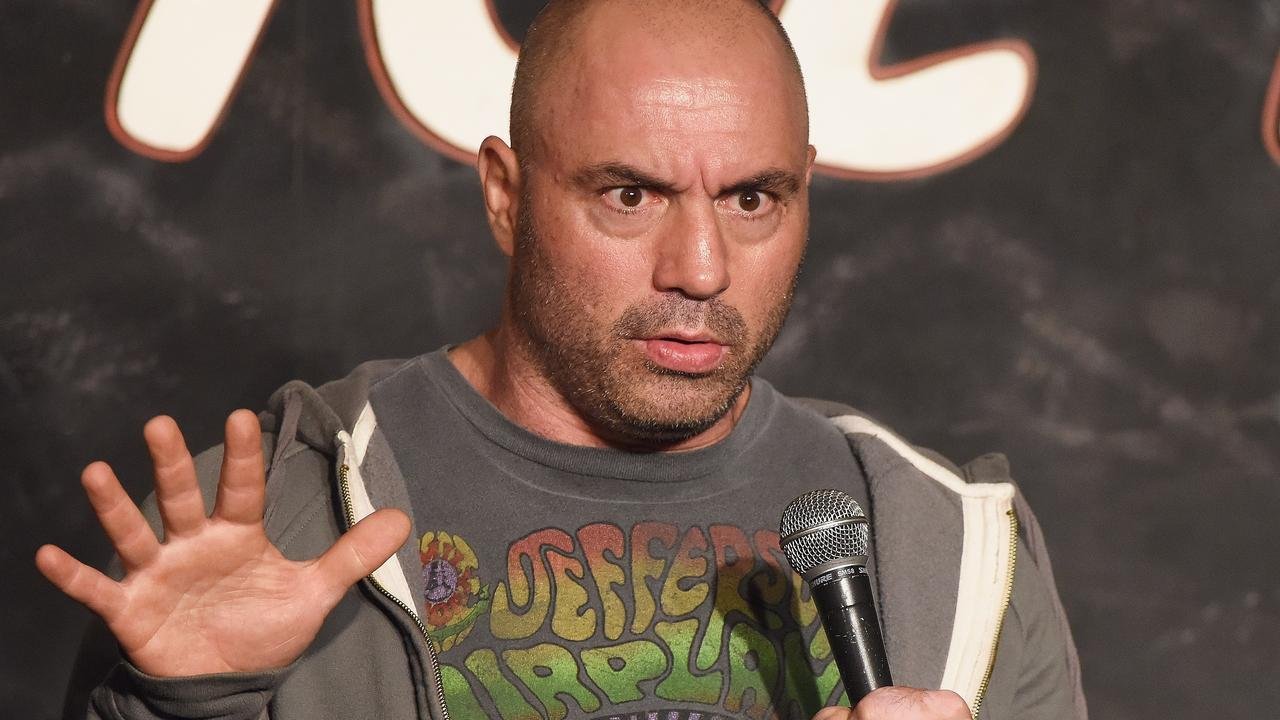
So you want to make a podcast? Here are five reasons not to.
You can’t record in economy anymore.
Years ago, I heard a podcast recorded on an airplane. Two comedians bumped into each other on a cross-country flight, opened a laptop, and recorded a two-hour conversation. Podcasting was the wild west back then, and audiences were small and fanatical. The feeling of being in on that kind of conversation made it easy to ignore technical flaws and poor audio. But those days are over. As the industry continues to expand, the expectations of audiences for quality of production and density of content are growing. To make a successful podcast, it can’t just be a look behind the curtain anymore; it has to be great.
You aren’t Joe Rogan.
Joe Rogan makes it look easy. For three-plus hours, he’ll casually carry on conversations with guests, meandering between comedy, politics, MMA, and social commentary. But consider this: Rogan, like WTF’s Marc Maron, had decades of experience as a standup comic before starting his podcast. That means tens of thousands of hours standing at a mic alone, talking and entertaining crowds. You can’t shortcut that kind of preparation and training.
You Don’t Have Time.
You might have 60 minutes to record an interview. Do you have the time to study your guest? To think about the best way to introduce them to your audience? To prepare good questions? To listen back and consider what might be edited out? Do you have time to promote the podcast through your social media and marketing channels? To appear on other podcasts and talk about your show? It’s true that hosts like Larry King could show up unprepared for his show. But like Rogan, he had decades of experience of doing that and only that. How are you prepared?
You have nothing to say.
There are more than 500,000 active podcasts on Apple Podcasts, and more than 18 million episodes. Why should people listen to you instead of someone else? A podcast that’s worth the investment of your time and resources should have a clear purpose and a distinctive point of view so it’s never confused with someone else’s show.
You don’t love your audience.
We live in an age where transactional relationships are unsatisfying and where building a platform for platform’s sake is gross (and quickly noticed). The last thing the world needs is more content driven purely by ego and vanity. Instead, we should constantly be asking – why does the audience care? What’s in it for them? Are we making the world better and more beautiful through our work, or are we contributing to the conflict, the abuse of power, and narcissism that drives so much media and leadership? Those questions matter as much to entrepreneurs as they do to pastors, professors, writers, and artists.




